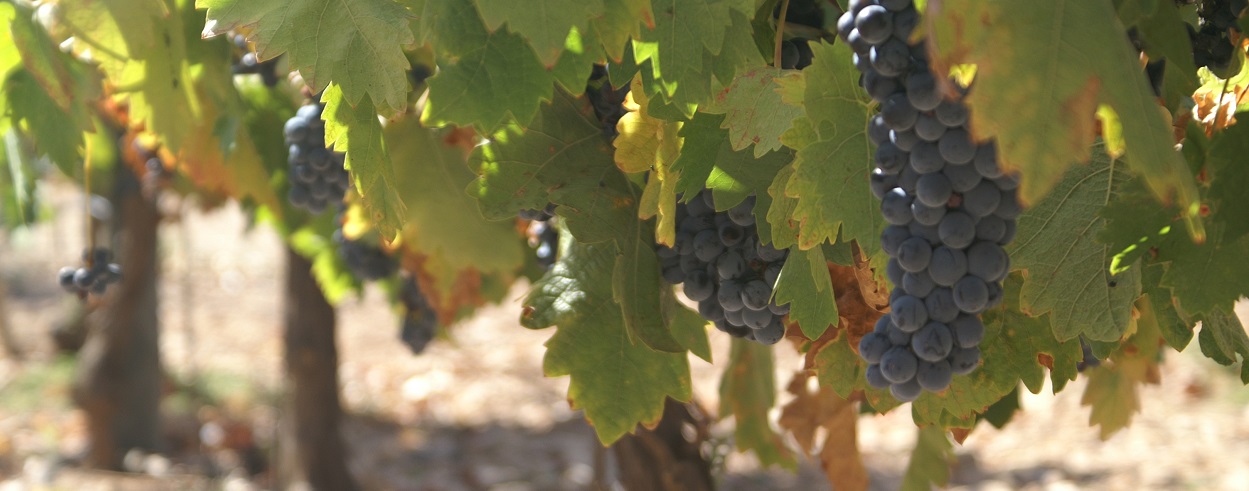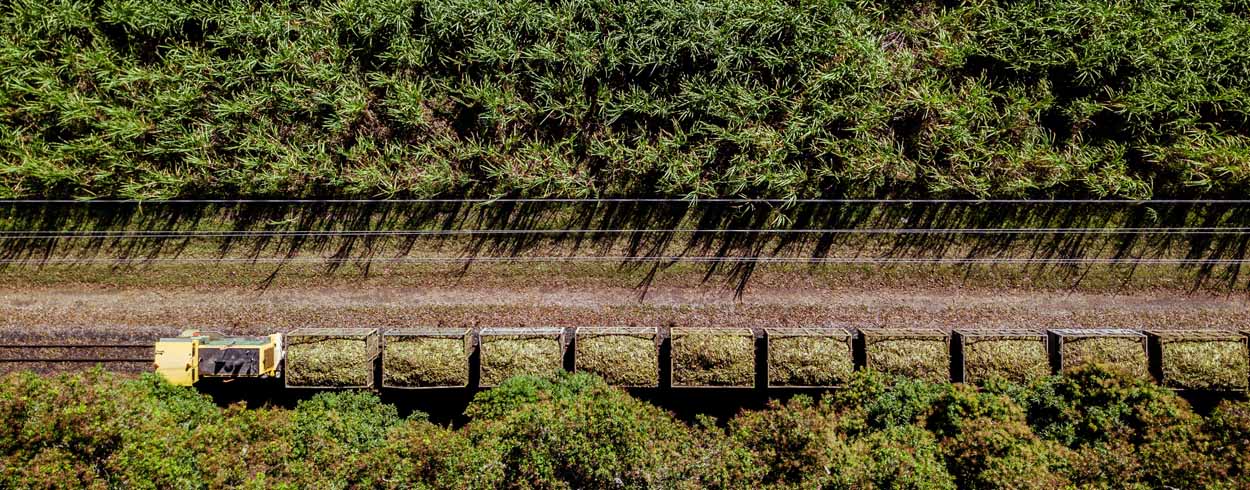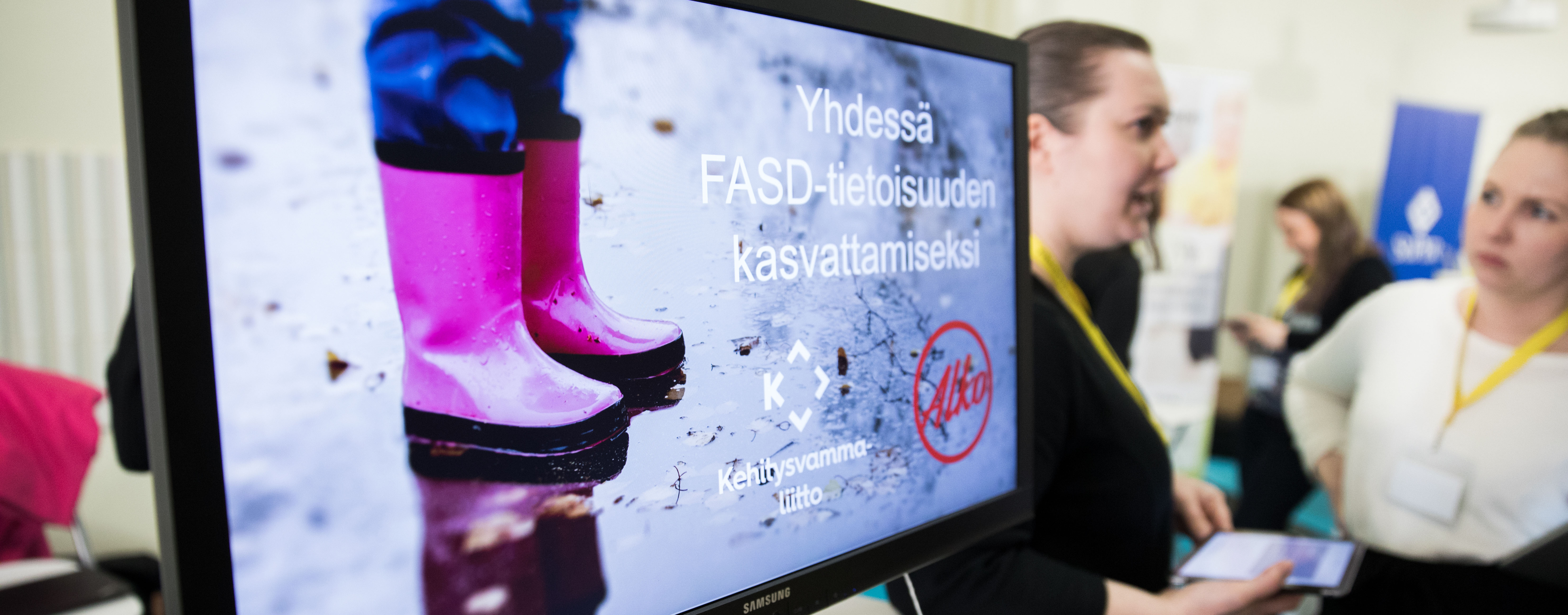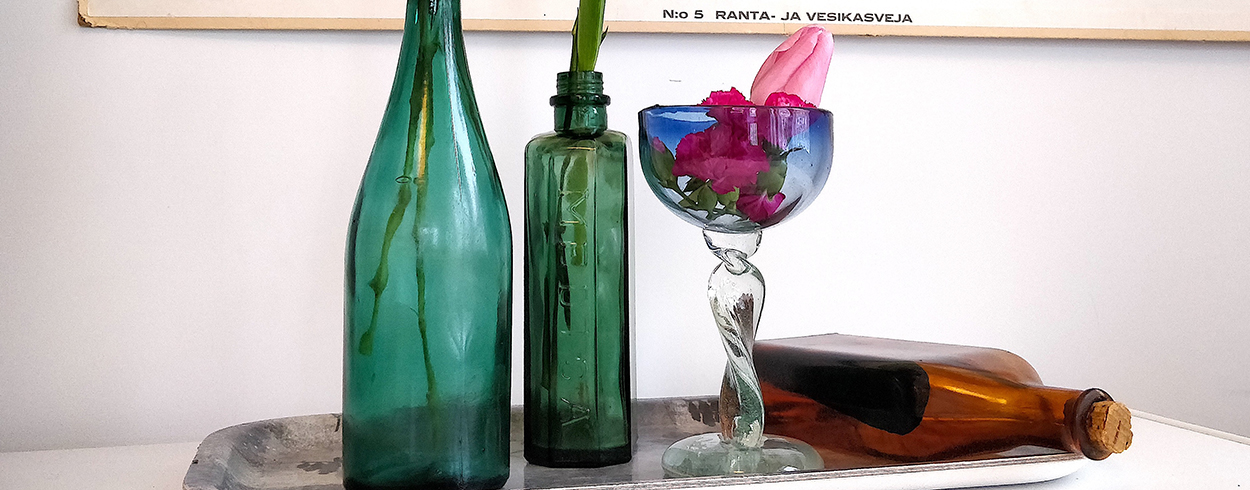
#nofilter: Organic, biodynamic – or climate-friendly?
When use of chemicals is not possible the grape growers must find other means: defending against insects, weeds and mildew diseases threatening vines is elementary for successful crops.
Mildews are the nuisance of grape vines especially in the cooler wine regions, during rainy years and in locally most humid parcels. Regulation for organic allows spraying copper sulphate to prevent these diseases which is justified by them being natural chemicals. Copper however is a heavy metal which over decades accumulates in the soil of the vineyard and kills useful mycelium. On the other hand excess humidity and outbreaks of mildew have been prevented for instance by thinning out the foliage to let wind and sunlight more easily reach and dry the growth and so plant diseases are better kept away.
Weeds can even cover low-pruned vines reducing the amount of sunlight vital for the grapes as well as the drying effect of wind, which both would improve plant health. In addition they deprive the vines of energy and nutrients provided by the soil. Weeds can be tackled by ploughing – which does increase consumption of fuel. Another means is to let for example sheep or ducks graze between the vine rows. To reduce fuel consumption some vineyards have returned to using horses instead of tractors.
Harmful insects can be held back on vineyards with natural methods by e.g. improving the living conditions of their natural enemies like certain wasps. By planting trees or erecting high poles for birds to sit on, useful insect-feeding birds can be attracted back to the plantations.
We often hear from producers that their cultivation methods are practically speaking already completely organic but they still haven’t acquired an organic certification for their products. In those cases their products cannot be listed as organic in Alko’s assortment. What is going on here? In practice wine growers want to maintain a back door to, in case of emergency, be able to use chemical pesticides; so that when the crops are endangered they can still be saved. In some instances staying within organic boundaries would in the worst case mean losing the income of an entire year which is too great a financial risk. For example, after the very difficult weather conditions of 2016 in Chablis, France many producers claimed that only 2-3 producers out of the total ~300 producers in the entire Chablis region were able to produce organic wine.
There are also other critical voices heard within the wine community. Control of organic cultivation should be very strict but in practice it is known to not always function. In some regions the parcels are located so snugly next to each other that when a neighbor sprays synthetic pesticides those can just spread over also to your own organic plantation. Still only very few of the certifier authorities require wide enough safety zones between organic parcels and conventional ones.
In wine industry there are a number of national sustainability certifications that do not fulfill organic growing requirements but do take into account for example energy and water efficiency improvements; and an international certification for biodynamic which is growing in popularity in wine countries. Biodynamic is largely like organic but the practitioners additionally follow things like lunar phases and use homeopathy-resembling means to aid growth.
A very material but little recognized feature of organic agriculture is its climate-friendliness via how carbon becomes bound to the soil. The soil is kept fertile by returning organic matter and with it, nutrients into soil as synthetic fertilizers are not allowed. At best this causes an important side-effect for the climate: after each growing season more carbon stays in the soil, drawn back from the atmosphere. In macro scale this “carbon to soil” thinking – whether certified organic, or without the certification – can help mitigate climate change and there agriculture has an important role.
You can join discussion in English in our Twitter channel @Alko_Sustain using hashtags #Alkochallenge #transparency.












